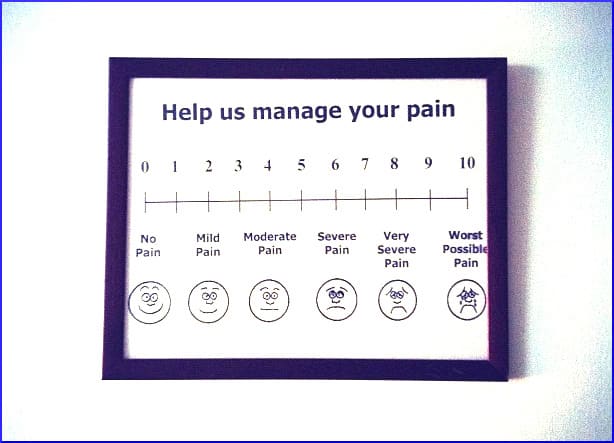
Experts often scoff at what they call “anecdotal evidence.” It’s hard to understand why, because anecdotal evidence is, after all, the testimony of actual human beings who have experienced the phenomenon under discussion. Who are we going to believe, if not them?
Any research that compares numbers is just a compilation of many, many bits of “anecdotal evidence,” and this should be acknowledged. If one anecdote is worthless, then logically, 100 or 1,000 anecdotes don’t mean zip, either. That’s basic math.
So, why even bother to collect and collate a bunch of items that have no value? And yet, that’s what the vast and lucrative research industry is all about. Humans always allow themselves enough cognitive dissonance to make a living and pay the bills. Or, we might muster up the courage to admit that personal experience is meaningful.
Here’s the biggie. When it is in their interest to do so, experts embrace anecdotal evidence and build their entire case upon it — even when the data derives from an ethereal and subjective question like, “How do you feel?” Take pain medication as an example. If ever there was an area in which anecdotal reports are all we have to go on, pain management is that area.
When a patient is asked to rate pain on a scale of 1 to 10, experts will collect all those ratings, make them into statistics, and use them as the selling point for their product. Same goes for pharmaceuticals that treat emotional states, or appetite, or libido. Anyone who wants to know whether the stuff works has to take the word of a group of patients.
Who ya gonna call?
In order for doubters to believe in the existence of food addiction, whose testimony would satisfy the requirements? What if someone were to ask people who, in a quest to lose weight, underwent Vertical Sleeve Gastrectomy?
Fascinating information is found in the forums, the support groups through which “veterans” and survivors share experiences. Why, in such a venue, would they lie to each other? They say things like this:
Nancy R: I wish I had accepted that I was addicted to food before I had the Sleeve. Now almost 3 years out I have started to gain weight and my addiction is in full swing again… I can have 10 operations but nothing will ever change unless I treat my addiction.
Ana B: My head did not get the memo that we were sleeved. It is an issue we have to get a handle on… head and sleeve in that order.
Njmom5870: I too, am a food addict… After I had the band in then out 3 months later (which was a traumatic experience), I decided to go to a therapist that specializes in compulsive overeating… I can tell you it was the BEST thing I ever did. I know my triggers, my behaviors and have tools to use to avoid putting myself into situations that I find myself helpless.
dec721: […] almost three years out [post surgery], I was doing fine until I fell back into the sugar and junk carbs, and now I just can’t seem to get a grip. I’m up about 25 pounds… I feel obliged to say… I’m a compulsive overeater and food addict.
But why listen to them? They’re only the people who pinned their hopes on a messy and costly operation, and found out that it didn’t work. Makes sense. A brutal authority could chop off a heroin addict’s hands to prevent him or her from injecting the drug, but if they live, they will still be addicted.
Deprived of dope? Still an addict. Recovering, thanks to a program? Still an addict. Quite possibly, when a person self-identifies as an addict, she or he ought to be taken seriously and not laughed out of the consultation room.
The folks who share experiences in these venues also share advice, and therapy is recommended often and with heartfelt fervor. “Head and sleeve in that order.”
Your responses and feedback are welcome!
Source: “I’m a Food Addict!,” ObesityHelp.com, 04/20/11
Photo credit: LPWaterhouse on Visualhunt/CC BY-ND

 FAQs and Media Requests:
FAQs and Media Requests: 











